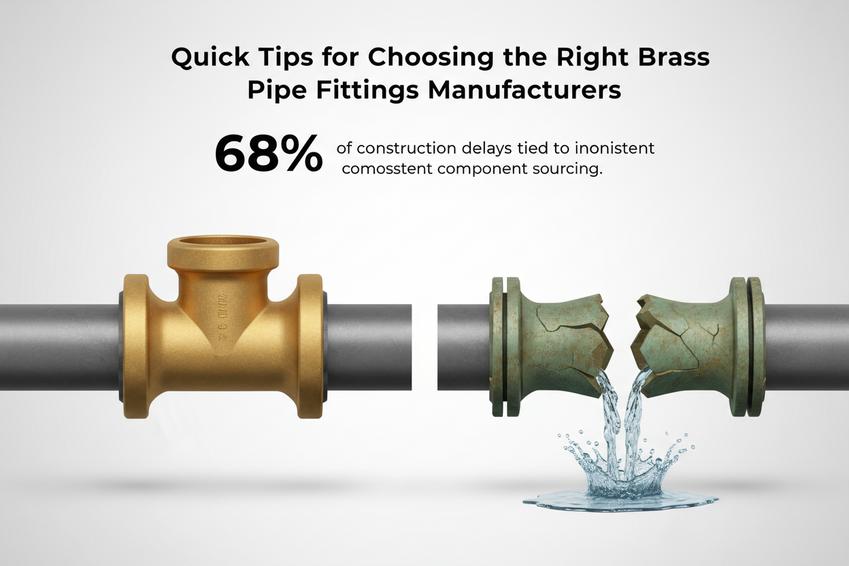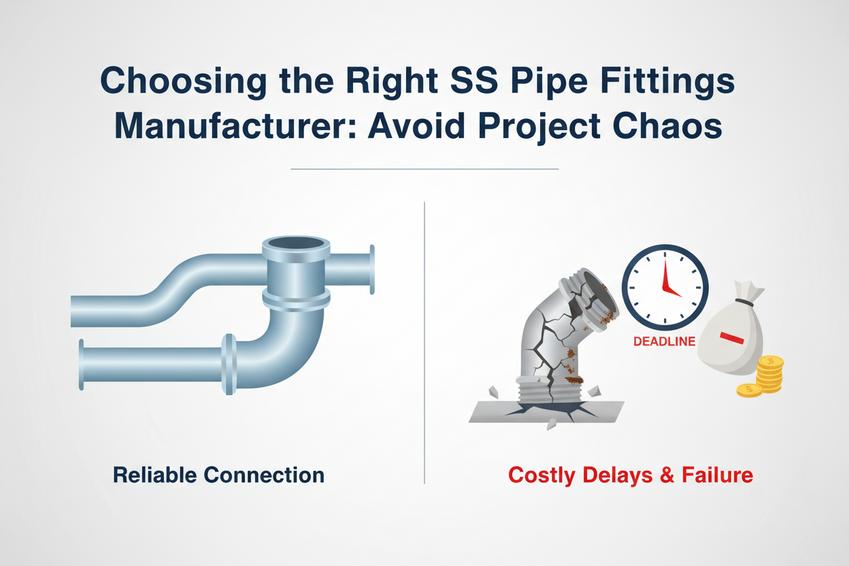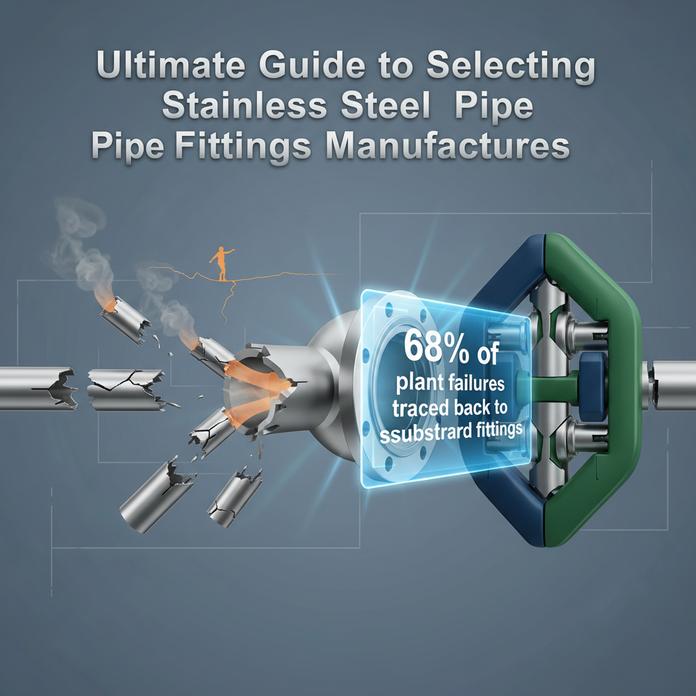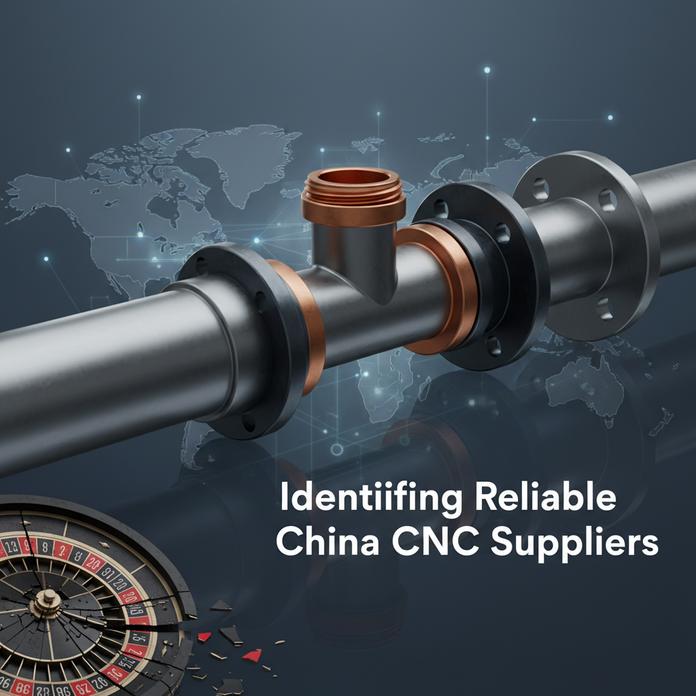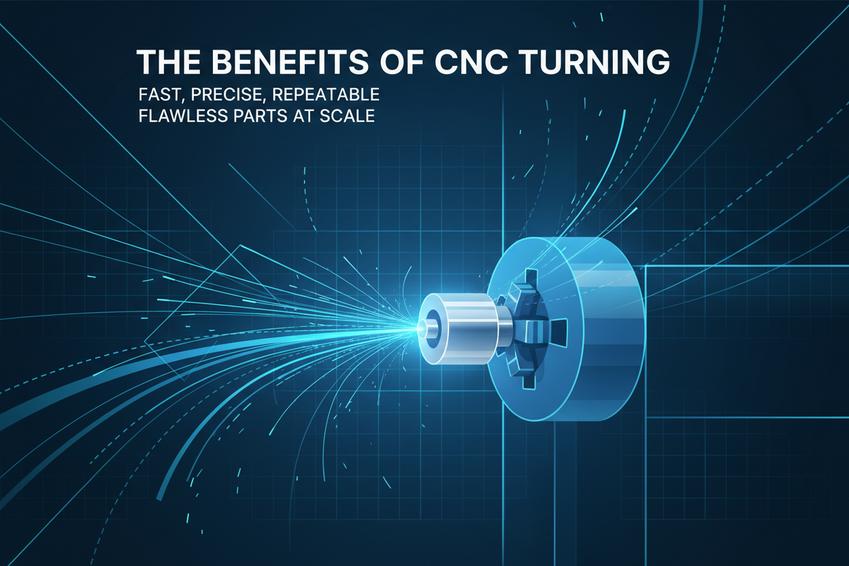The machining process for custom CNC carbon fiber parts is a complex and delicate process involving several key steps. The following is a detailed processing process introduction:
First, preparation
Determine product requirements
Communicate with customers to clarify the size, shape, material, precision requirements and quantity of products.
Design drawings and process planning
Draw detailed product design drawings according to customer requirements.
Planning machining process, including material selection, mold design, cutting parameter setting, etc.
Material preparation
The appropriate carbon fiber prepreg (carbon fiber material pre-impregnated with resin) is selected and cryogenic storage or wake treatment is performed as required.
Cut the prepreg accurately according to the design drawing.
Mold preparation
Design and manufacture molds that meet product requirements to ensure mold accuracy and surface quality.
Spray release agent on the mold to facilitate subsequent release operation.
Second, the processing process
Lay and preform
Lay carbon fiber prepreg on the mold according to the design requirements, pay attention to the direction and the number of layers.
The carbon fiber material is initially cured into the desired shape by vacuum bag encapsulation and molding.
CNC roughing
The pre-formed carbon fiber parts are removed from the mold and CNC roughing is performed.
With the right tools and cutting parameters, most of the margin is removed and the final size is approached.
CNC finishing
On the basis of rough machining, CNC finishing is carried out.
Strict control of cutting parameters to ensure that parts meet the design requirements of dimensional accuracy and surface quality.
Deburring and cleaning
Use sandpaper, grinder and other tools to remove burrs and flash edges from the surface of the part.
The parts are cleaned to remove oil and impurities produced during processing.
Third, post-processing
Surface treatment
According to customer requirements, the parts are polished, painted, electroplating and other surface treatment.
Improve the appearance quality and corrosion resistance of parts.
Quality inspection
Use coordinate measuring instrument, ultrasonic detector and other equipment to carry out comprehensive inspection of parts.
Ensure that the dimensional accuracy, shape accuracy, surface roughness and other key indicators of the parts meet the requirements.
Assembly and testing (if applicable)
Assemble the processed carbon fiber parts with other parts.
Perform functional testing and performance testing to ensure that the overall performance of the product meets the requirements.
Fourth, packaging and delivery
package
According to the characteristics of the product and transportation requirements, choose the appropriate packaging materials and methods.
Ensure that the product is not damaged during transportation.
Deliver goods
Deliver goods at the time and place required by the customer.
Provide necessary shipping documents and after-sales service support.
Matters needing attention
Temperature and humidity control: carbon fiber materials are sensitive to temperature and humidity, and the temperature and humidity of the processing environment should be strictly controlled during processing.
Tool selection and management: carbon fiber material has high hardness and brittleness, and the appropriate tool should be selected during processing, and the tool wear inspection and replacement should be carried out regularly.
Safety and environmental protection: Safety operation procedures should be strictly observed during processing to prevent accidents. At the same time, we should do a good job of waste treatment and environmental protection.
Through the introduction of the above process, it can be seen that the processing of customized CNC carbon fiber parts is a complex and fine process, which requires close cooperation and fine control of all links to ensure the quality of the final product.

